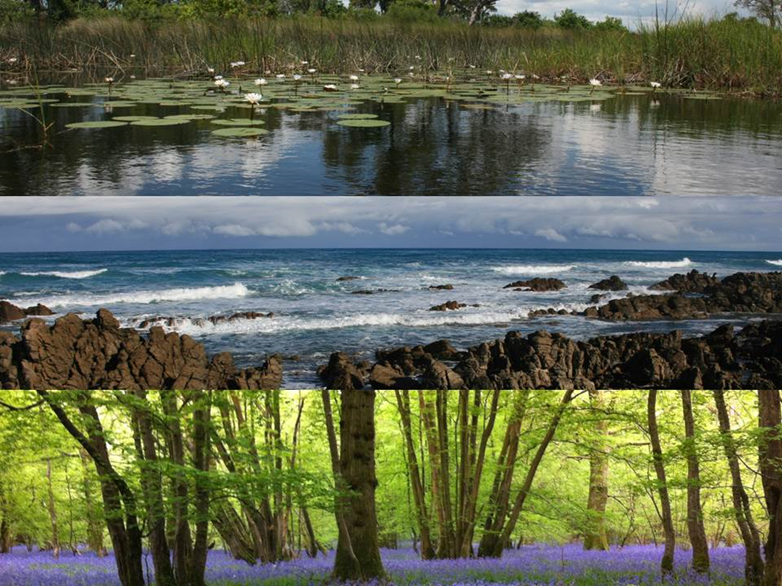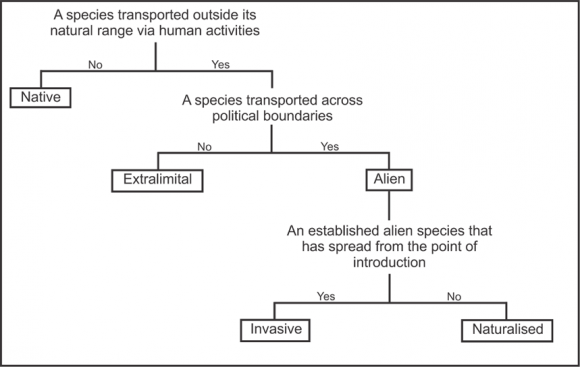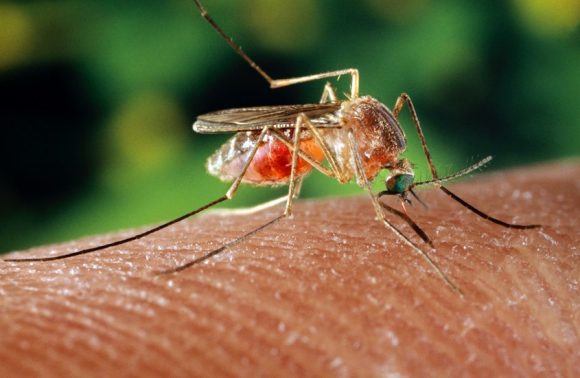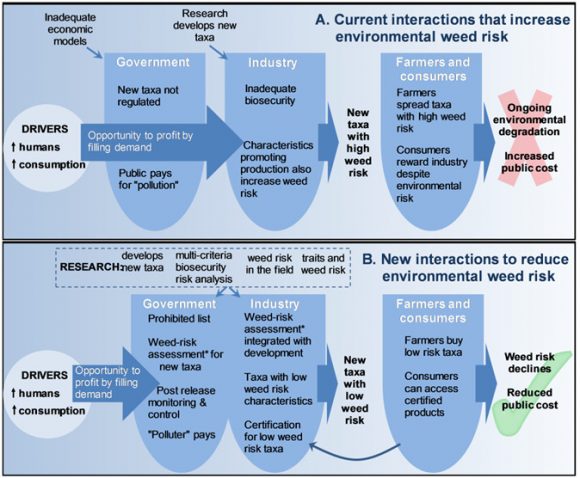The rates at which invasive species invade new areas are increasing now more than ever. As more invasive species are introduced around the globe, many invaders co-exist in the same areas. This had C·I·B post-doctoral associate Dr Michelle Jackson wondering – how would multiple invaders influence each other, and how would the combination of invaders influence the native species in the ecosystem?
Across a global scale Michelle found that the average interaction between invasive animal species was negative. This is in contrast to the theory of Invasion Meltdown which suggests that the establishment of one type of invasive species in a new environment can ease the invasion of other non-native species. However, some positive interactions were found, particularly when the invasive zebra mussel (Dreissena polymorpha) were involved. Zebra mussel can promote the invasion of other non-native species by creating favourable conditions, for example by increasing water clarity. When breaking down the data into different ecosystems, Michelle found that interactions between marine animals were also negative but interactions were neutral overall in terrestrial and freshwater ecosystems.

A second part of Michelle’s work examined the combined impacts of invaders when they occur in the same environment. Overall, their combined impacts on native communities were less than predicted. This suggests that many native species are negatively affected in a similar way by different invaders while other native species are not sensitive to invasion. This means that ecosystems may be impacted in the same way regardless of whether there are one or two invasive species present.
“These results will help us to predict how co-occurring invasive species interact, and assist in developing management strategies for problematic invaders.” says Michelle Jackson, author of the paper published in the scientific journal Ecology, published by the Ecological Society of America.
Read the paper
Jackson, M 2015. Interactions among multiple invasive animals. Ecology.
For more information, contact Michelle at mjackson@zoology.up.ac.za



